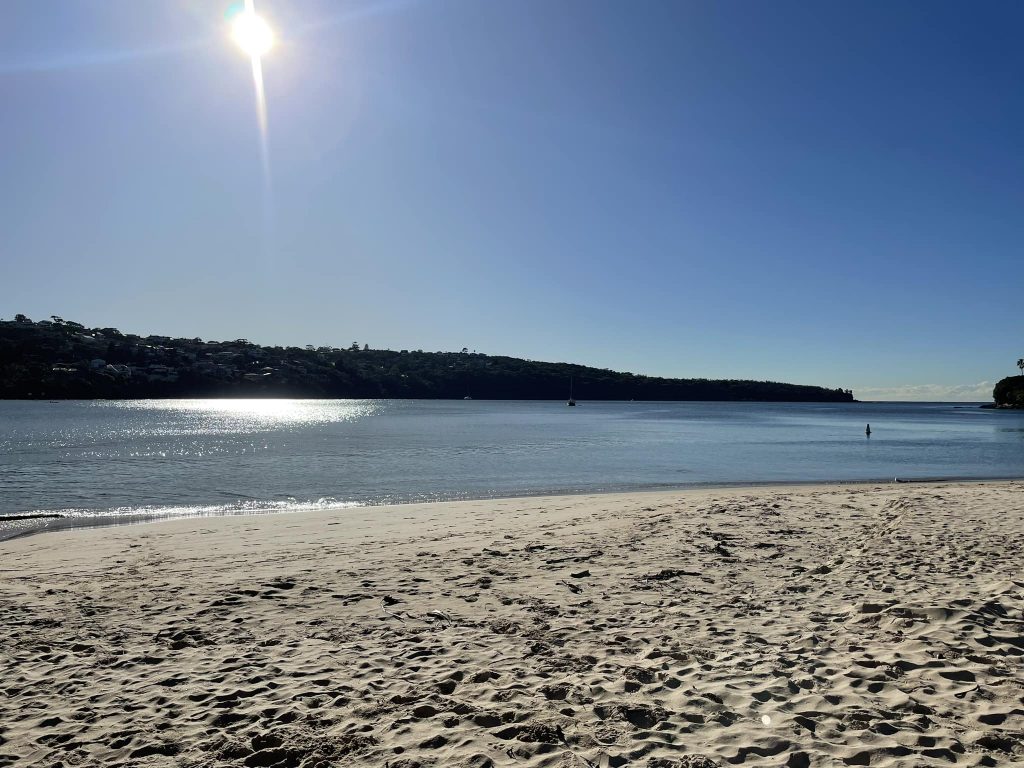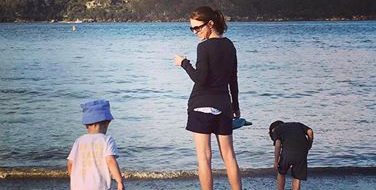
“In this country…if you’re an artist, you’re guilty of a crime: not that you’re aware, which is bad enough, but that you see things other people don’t admit are there.” –James Baldwin
When I took a fiction-writing course in college, our professor used a textbook that began with the axiom “write what you know.” It’s hardly a new one, or even unique to that book, and it stayed with me over the years. The other day I watched Leigh Sales interview Lin-Manuel Miranda in Brisbane and he offered another writing tip: write what you haven’t seen but know is true.
I’m taking this one to heart lately, which means I write a bit about autism and politics, which some people tire of (and which I think is hilarious because I don’t give a shit). I write about what I don’t see–a world that treats neurodivergent and disabled people as whole individuals worthy of the same rights as their neurotypical and able-bodied counterparts; a country that used to be great but is now infected with a sickness resulting in children dying en masse in schools. I write about what I know is true: that the annoyance people (including me) may be prone to feel toward those whose brains work differently should not be our guiding principle in how we see and treat them; that children deserve to feel safe in their classrooms.
Nick Cave wrote in Faith, Hope and Carnage that “hope is optimism with a broken heart.” I write, and live, hopefully from a broken heart: with the realism and scars that optimism lacks. I know that asking the world to treat the different as whole is a tall order when I often can’t make it through a day before I’ve failed to do it myself; heated exchanges in the car, swears yelled in anger; fights ending in tears. But I also know the hope that emerges from brokenness: forgiveness extended after apologies; hard and real conversations that forge a new way ahead. I know light because I know darkness; I know triumph because I know failure; I know whole because I know incomplete; I know hope because I know brokenness. It’s only those who can’t admit the truth who are truly adrift.
I know the landmarks because I’ve wandered.
I was reading my new favourite fiction author recently and came upon a passage where one of the characters was walking through Grand Central Station, observing the ceiling that is painted to resemble a sky, and noted that its colour was more green, like the sea. I knew exactly what that character meant, what they saw, because I’ve been there: cast from South to North, known to unknown by life’s circumstances, which is to say grace, and knowing this landmark, and finding this sentence in a novel to be yet another expression of home to me. I know that colour.
I know that one of the darkest forms of cruelty is to demand that someone deny their identity, which is why now I am drawn to those who have endured that demand, and why I refuse to unsee who they truly are, why I refuse to continue that demand that pushes them to the margins of society, because they belong embedded with the rest of us who have always, in our privilege, been here. The Kid told me that he and a partner are working on a project at school that had them choosing a person who had been discriminated against. “We picked that woman you told us about, on the bus,” he told me, referring to Rosa Parks, her story that I’d told him and Little Brother, about what happened in my hometown, an event I’ve come to see differently over the years because of time and change and grace. Because of broken but whole hope.
And this week, as words are read that started as prophecy and are now memorial but also proclamations of hope, I think about what it means to be a prisoner of hope: willingly enslaved to something bigger than myself, something outrageous and counter-intuitive yet somehow inevitable: a tomb emptied by hope’s fulfilment. I told the boys about it the other day, how the water was so clear during my swim that I saw the divots in the underwater sand left by the stingrays, where they’d slept overnight, and I’d been unwittingly swimming over them all these years: these temporary homes known only once they were empty.
